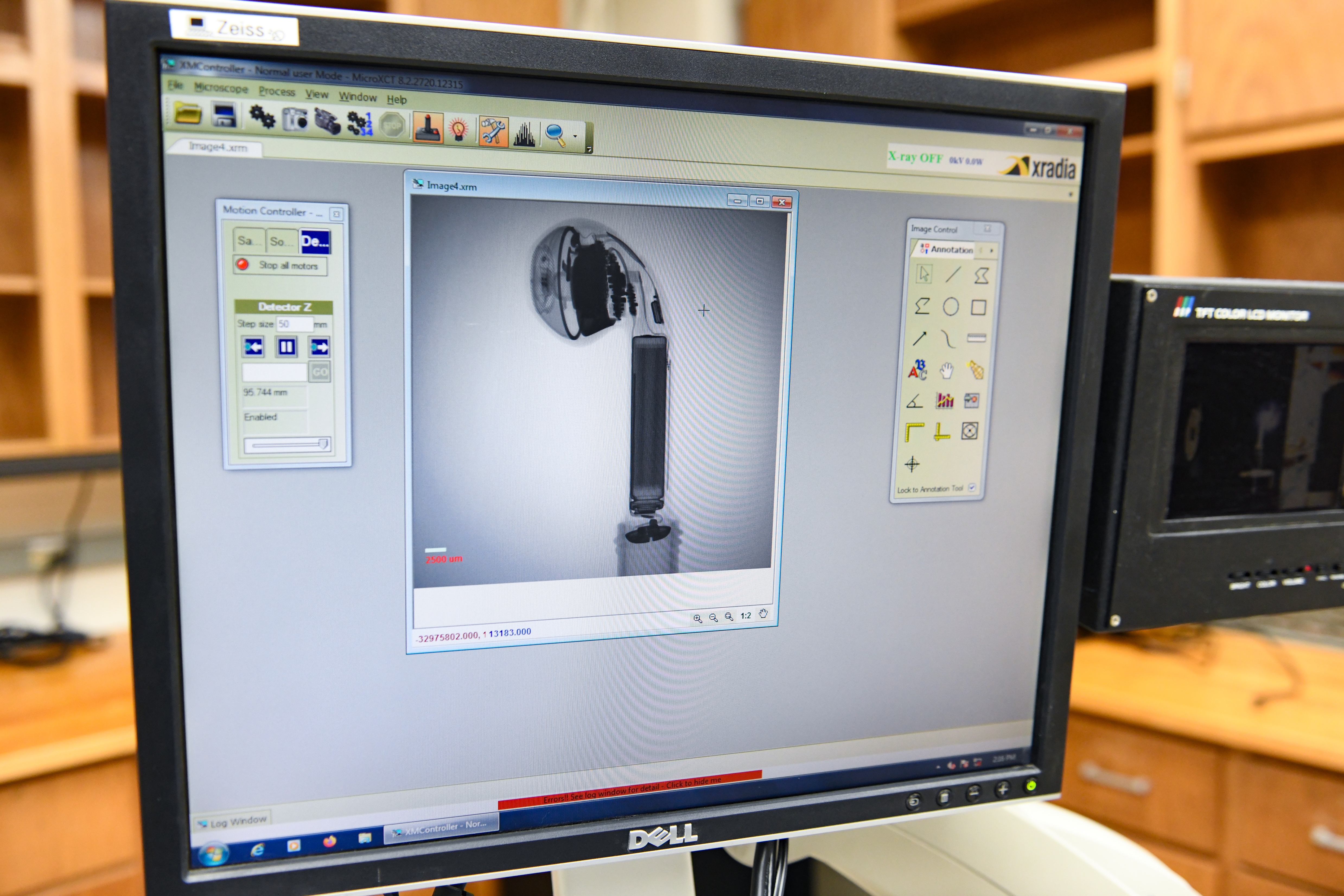There are many things that inspire scientific discoveries. The search for a better future; the endless quest to unravel the mysteries of the universe. Boredom’s always a good one. But there’s one that often goes underappreciated, and it’s this: spite.
ADVERTISEMENT GO AD FREE
Like, say you – as many of us have – noticed that the batteries in your headphones don’t last as long as they did when you first bought the device. You might shrug and bear it. Maybe buy a new pair.
Yijin Liu, an associate professor in the Cockrell School of Engineering’s Walker Department of Mechanical Engineering, decided to create a research project around it.
“This started with my personal headphones; I only wear the right one, and I found that after two years, the left earbud had a much longer battery life,” Liu said in a statement this week. “So, we decided to look into it and see what we could find.”
Now, it may have been motivated by something mundane, but that doesn’t mean the investigation was half-hearted. This was a multi-institutional project, using state of the art resources: infrared imaging technology from the University of Texas’s Fire Research Group; X-ray technology from UT Austin and Sigray, Inc.; synchrotron facilities from teams as far apart as France, New York, Illinois, and Stanford. And it paid off: the imaging revealed details from inside the device that had previously been hidden, and therefore overlooked.

X-rays reveal the inner workings of the humble earbud.
Image credit: The University of Texas at Austin | Cockrell School of Engineering
“Using a set of commercial wireless earbuds as a model system, we conducted a thorough battery failure analysis and revealed a position-dependent degradation phenomenon,” the resulting paper reports. “Through multi-scale and multi-modal X-ray characterizations, the cell degradation is associated with the material-level chemomechanical processes, including secondary phase formation, surface and sub-surface lattice reconstruction, particle cracking, and electrode structural disintegration. Furthermore, IR imaging was employed to reveal the temperature gradient over the cell and system, demonstrating an interesting pattern that correlates with the battery degradation profile.”
That’s a lot of long and technical words, but what it boils down to is this: batteries aren’t the only thing inside our devices, and all those other things – the headphones’ Bluetooth antenna, for example; the microphone; even just the circuitry and wiring – interact with each other to make weird heat patterns that can damage the battery over time.
ADVERTISEMENT GO AD FREE
Compounding that is the fact that, generally, we tend not to keep our headphones in laboratory conditions. “Using devices differently changes how the battery behaves and performs,” said Guannan Qian, first author of the paper and a postdoctoral researcher in Liu’s lab.
So, your pal who never charges their phone fully, and always plugs it in at 21 percent? There’s a reason they get better battery life than the friend who runs it down to near-zero and then charges overnight. Different devices “could be exposed to different temperatures; one person has different charging habits than another; and every electric vehicle owner has their own driving style,” Qian pointed out. “This all matters.”
The problem is, that’s not what developers and sellers are focused on. When these devices are tested, it’s under lab conditions: “either pristine and stable conditions or extremes,” explained Xiaojing Huang, a physicist at Brookhaven National Laboratory, New York.
What that translates to in real life, of course, is a battery life that degrades over time, until eventually we’re enjoying our headphones for periods of time much shorter than those originally advertised.
ADVERTISEMENT GO AD FREE
There is one silver lining: now we know why this happens, we can potentially change up how we make and test them.
“As we discover and develop new types of batteries, we must understand the differences between lab conditions and the unpredictability of the real world,” Huang said, “and react accordingly.”
The study is published in the journal Advanced Materials.
Source Link: Why Do The Batteries In Your Headphones Suck Now?